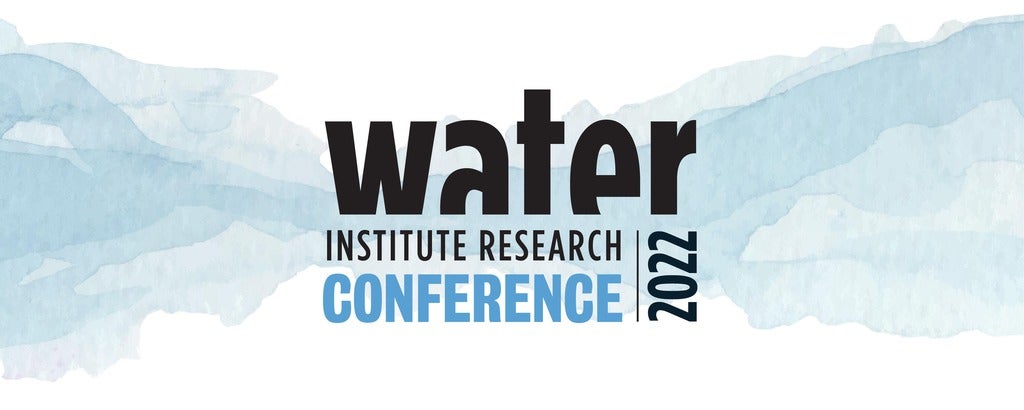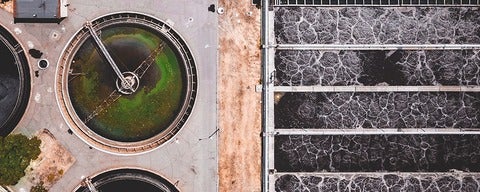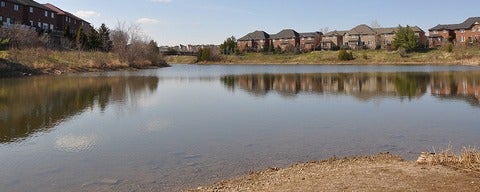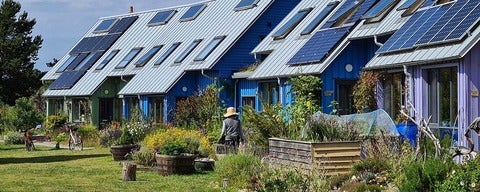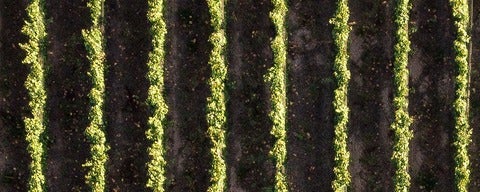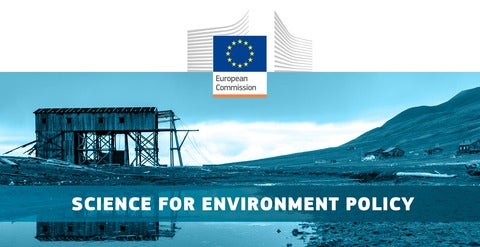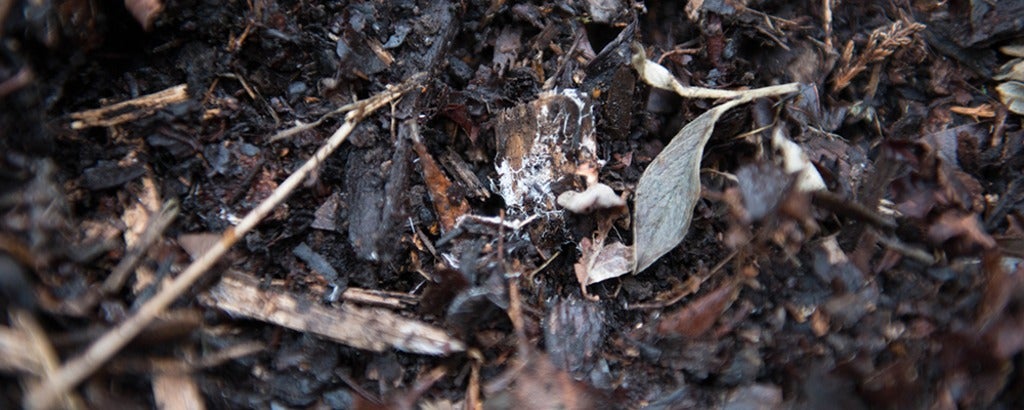Join the Water Institute's 7th international Research Conference
The Water Institute at the University of Waterloo is set to host its 7th international Water Institute Research Conference from September 26 to 28, spotlighting the theme Water as a foundation for healthy communities and sustainable livelihoods.
